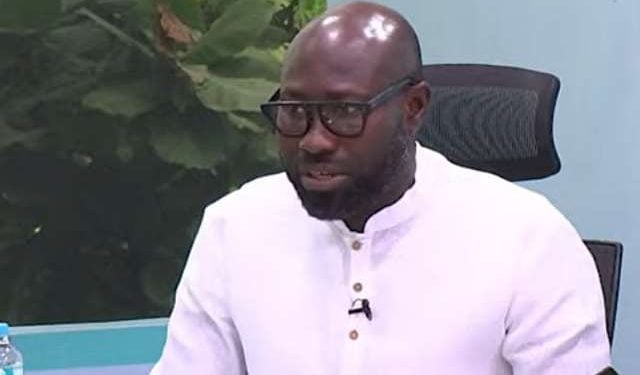The removal of Chief Justice Gertrude Torkonoo by President John Mahama has ignited a heated debate within Ghana’s political landscape, raising concerns about judicial independence and the potential for retaliatory actions. While a five-member committee cited unlawful expenditure of public funds, abuse of discretionary power, and interference in judicial appointments as grounds for her removal, the opposition New Patriotic Party (NPP) has labeled the move as politically motivated. This perception of political interference has fueled discussions about the potential for a future NPP government to reciprocate by removing justices appointed by the current administration. However, dissenting voices within the NPP, notably Suame MP and Minority Caucus Legal Counsel John Darko, have emerged, cautioning against such a course of action and emphasizing the importance of upholding the integrity of the judicial system.
The controversy surrounding Justice Torkonoo’s removal underscores the delicate balance between the executive and judicial branches of government. While the executive has the authority to appoint and remove justices under certain circumstances, the perception of politically motivated removals can erode public trust in the judiciary’s impartiality. The committee’s findings against Justice Torkonoo, which included allegations of financial impropriety and undue influence in judicial appointments, provided a legal basis for her removal. However, the timing of the removal, coupled with the NPP’s accusations of political motivations, has fueled skepticism and raised concerns about the potential for future reprisals.
The calls from some within the NPP for a future government to remove justices appointed by President Mahama have further intensified the debate. These calls, often framed as a necessary corrective measure to address perceived political bias within the judiciary, reflect a deep-seated distrust of the current administration’s actions. This rhetoric of retribution risks perpetuating a cycle of politically motivated appointments and removals, undermining the stability and independence of the judicial branch. The potential for such actions raises fundamental questions about the future of judicial independence in Ghana and the need for mechanisms to safeguard against political interference.
John Darko’s opposition to these calls for retaliatory removals represents a significant departure from the hardline stance adopted by some within his own party. His public condemnation of such potential actions underscores the importance of prioritizing the integrity of the judicial system over partisan interests. By unequivocally stating his intention to oppose any future NPP government’s attempts to remove a sitting Chief Justice, Darko has drawn a clear line in the sand, signaling his commitment to protecting the judiciary from political manipulation. This stance serves as a crucial reminder that safeguarding the independence of the judiciary is paramount, regardless of political affiliations.
Darko’s argument rests on the principle that the institution of the judiciary, and the office of the Chief Justice in particular, must be protected from the vagaries of political winds. He emphasizes that the dignity and authority of the Chief Justice are essential for maintaining public trust in the judicial system. By removing a Chief Justice without compelling and non-political reasons, the executive branch risks undermining the very foundation of the rule of law. This, in turn, can lead to instability and erode public confidence in the government’s ability to administer justice fairly and impartially.
The ongoing debate surrounding Justice Torkonoo’s removal and the potential for future retaliatory actions highlights the critical need for a broader conversation about judicial independence in Ghana. Establishing clear and transparent guidelines for the appointment and removal of justices, along with strengthening mechanisms for accountability and oversight, could help mitigate the risks of political interference. It is crucial for all stakeholders, including political parties, civil society organizations, and the judiciary itself, to work together to ensure that the judicial branch remains truly independent and capable of upholding the rule of law without fear or favor. The future of Ghana’s democracy depends on a robust and impartial judiciary, capable of serving as a check on executive power and safeguarding the rights of all citizens. The current controversy serves as a wake-up call, urging the nation to address these critical issues and strengthen the foundations of its judicial system.


